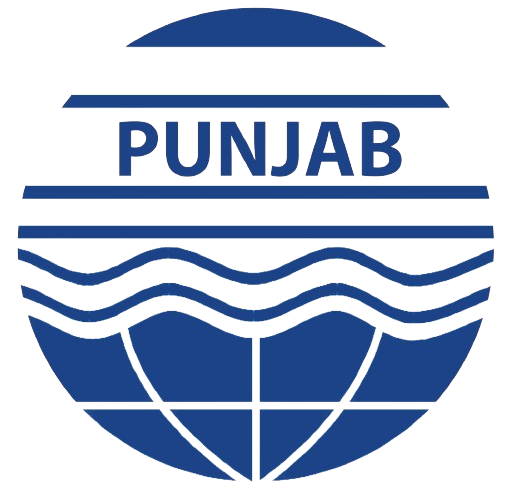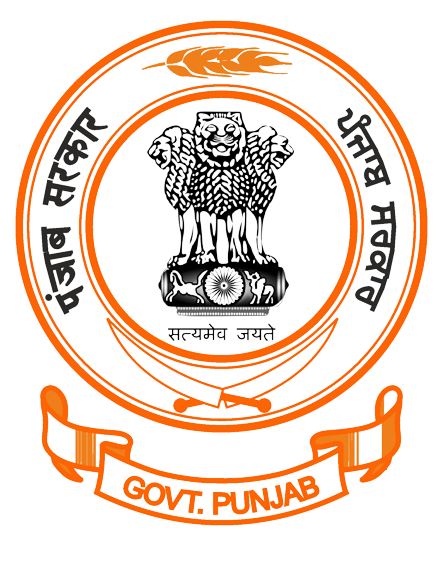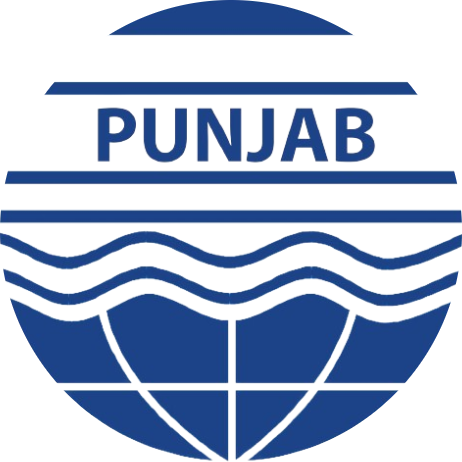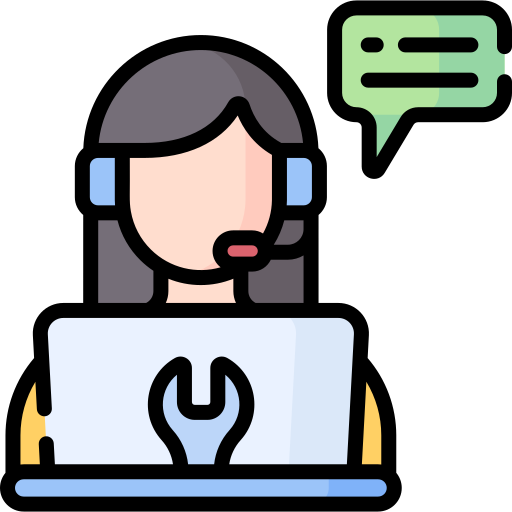- The Water (Prevention & Control of Pollution) Act, 1974 as amended to date
- The Water (Prevention & Control of Pollution) Cess Act, 1977
- The Air (Prevention & Control of Pollution) Act, 1981 as amended to date
- The Hazardous Waste (Management & Handling) Rules, 1989 as amended to date
- The Manufacture, Use, Import, Export and Storage of Hazardous Micro Organisms Genetically Engineered Organisms Or Cells Rules, 1989
- The Manufacture, Storage and Import of Hazardous Chemical Rules, 1989 as amended to date
- The Public Liability Insurance Act, 1991
- The Bio-Medical Waste (Management & Handling) Rules, 1998
- The Recycled Plastics Manufacture, Sale & Usage Rules, 1998 as amended to date
- The Municipal Solid Waste (Management & Handling) Rules, 2000
- The Noise Pollution (Regulation & Control) Rules, 2000
- The Ozone Depleting Substances (Regulation) Rules, 2000
- The Batteries (Management & Handling) Rules, 2001
- E_Waste (Management) Rules, 2016
Objective of Board
- Ensure that natural waters are not polluted by discharge of untreated city sewage.
- Maximize reuse / recycling of sewage and trade effluents and to use the treated effluent on land for irrigation and for industrial purpose after appropriate treatment.
- Minimize pollution control requirements by judicious location of new industries and relocation industries wherever necessary.
- The functions are directed towards the effective control of water and air pollution and to maintain and restore the quality of water for various designated uses and of air.
Strategy of Board
- To identify pollution sources and initiate follow up action for abatement, prevention and control of pollution.
- To create awareness about environmental pollution by educating the industry and local authorities.
- To promote measures and assistance through incentives, guidelines, development of cost effective technologies and putting up demonstration plants.
- To persuade industry / local bodies to take preventive measures for the control of pollution.
- To strengthen the capacities for pollution control through training and laboratory development and strengthening of manpower and infrastructure
Some of the important functions PPCB are
- To collect and disseminate information relating to pollution and the prevention, control or abatement thereof,
- To inspect sewage or trade effluent treatment and disposal facilities, and air pollution control systems and to review plans, specification or any other data relating to the treatment plants, disposal systems and air pollution control systems in connection with the consent granted,
- Supporting and encouraging the developments in the fields of pollution control, waste recycle reuse, eco-friendly practices etc.
- To educate and guide the entrepreneurs in improving environment by suggesting appropriate pollution control technologies and techniques
- Creation of public awareness about the clean and healthy environment and attending the public complaints regarding pollution




